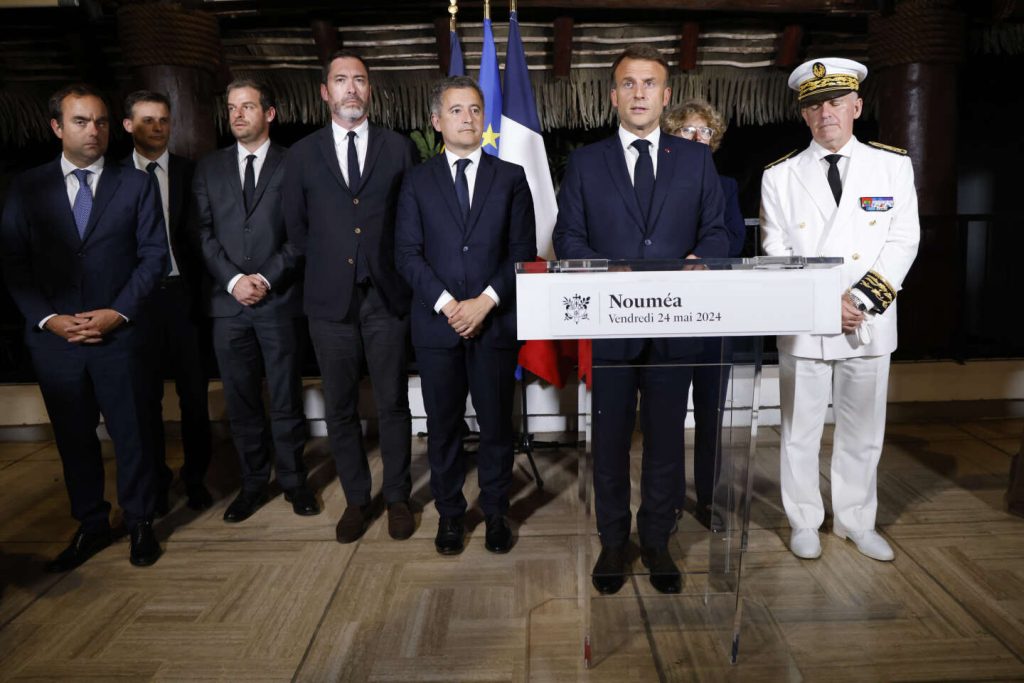The current situation in New Caledonia is not like any other issue, as it involves a community of people united by a long and painful colonial history, located 17,000 kilometers away from Paris. The different sense of time and codes regulating human and political relationships compared to France, and the scars left by the near-civil war of 1984-1988 contribute to the complexity of the situation. President Emmanuel Macron’s recent visit to the region, engulfed in riots and violence, puts him in a precarious position, as he must acknowledge and rectify the actions that have fueled the crisis.
President Macron’s previous decisions, such as the controversial constitutional amendment regarding the electoral body and the persistence of the third independence referendum despite boycotts, have contributed to the escalating tensions in New Caledonia. His appointment of Sonya Backès, president of the South Province, as Secretary of State for citizenship affairs raised doubts about the state’s impartiality. To resolve the bloody deadlock, Macron had no choice but to take a proactive approach, even if it meant taking responsibility for his own mistakes and leading the efforts to defuse the situation.
Macron’s promise not to force through the constitutional reform and his proposal to subject a potential future agreement to a referendum are steps in the right direction. However, reaching an agreement on the electoral body issue, which may require shelving the current constitutional revision project, is crucial for progress. It remains to be seen whether these gestures will restore order and be deemed sufficient by all parties to restart meaningful dialogue in New Caledonia.
To achieve lasting peace in New Caledonia, a change in approach is necessary, with the executive branch recognizing that ultimatums and displays of power lead to violence. High-level engagement from the French government, rather than the Ministry of the Interior, is essential to adapt legal principles from mainland France to facilitate the territory’s emancipation as outlined in the 1998 Nouméa Accord. For France, with a history marked by violent colonial failures, and for Macron, who has denounced colonization as a crime against humanity, the challenge is significant: to achieve decolonization in the 21st century.
In conclusion, the resolution of the crisis in New Caledonia requires a nuanced understanding of the region’s unique history, cultural dynamics, and political intricacies. Macron’s recent visit and gestures towards compromise are positive steps, but long-term stability will depend on a comprehensive and inclusive dialogue, as well as a commitment to respecting the territory’s autonomy and self-determination. The path to reconciliation and progress in New Caledonia will be challenging, but it is essential for a peaceful and sustainable future for all residents of the region.


